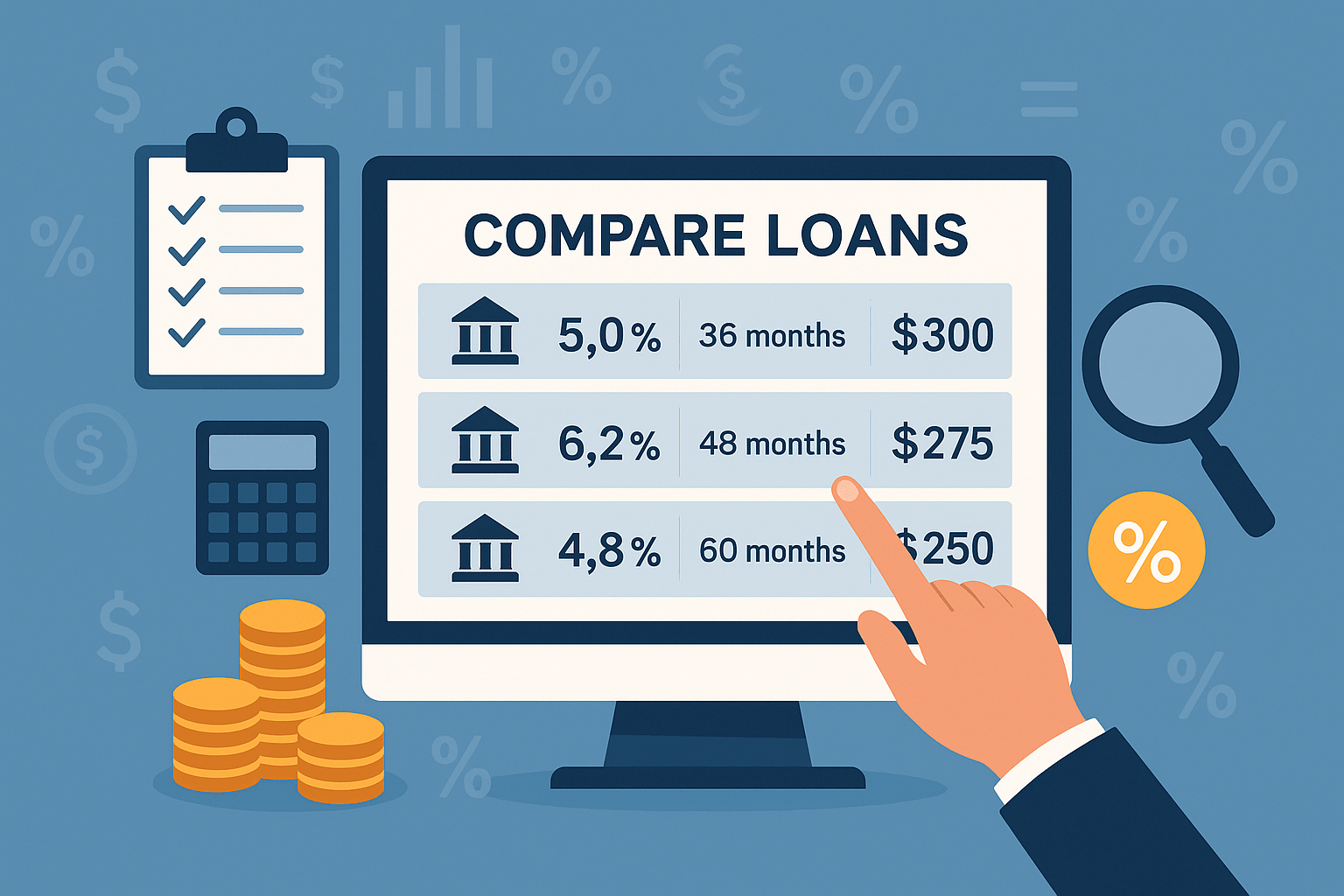In today’s world, energy efficiency and sustainability are more important than ever. With increasing awareness of climate change and rising energy costs, homeowners are looking for smarter, greener ways to heat their homes. One such solution gaining popularity is the air-to-water heat pump. If you’re curious about this eco-friendly technology, you’ve come to the right place. This blog will explore what air-to-water heat pumps are, how they work, and why they are an excellent choice for your home.
What Is an Air-to-Water Heat Pump?
Õhk-vesi soojuspump is a heating system that absorbs energy from the outside air and uses it to heat water, which is then circulated through radiators, underfloor heating systems, or used to supply hot water to your taps. Essentially, it transfers heat from the air outside to the water inside your home, providing a sustainable and energy-efficient solution for both heating and hot water needs.
How Does an Air-to-Water Heat Pump Work?
The system operates based on a simple principle: heat naturally moves from warmer areas to cooler areas. Here’s a step-by-step breakdown of how an air-to-water heat pump works:
- Absorbing Heat: The outdoor unit of the heat pump draws in air from the outside environment. Even when the air is cold, it contains some level of heat energy. The system uses refrigerant, a special fluid that has a very low boiling point, to absorb this heat.
- Compressing the Heat: The refrigerant absorbs the heat and turns into gas. This gas is then compressed, which raises its temperature significantly.
- Transferring the Heat: Once the refrigerant is heated, the heat pump transfers this heat to water, which is then circulated through your heating system to warm your home or provide hot water.
- Repeating the Cycle: After transferring the heat, the refrigerant cools down, turning back into a liquid, and the cycle repeats.
The magic of an air-to-water heat pump lies in its ability to extract heat even from low temperatures, making it highly efficient.
Key Benefits of an Air-to-Water Heat Pump
- Energy Efficiency One of the biggest draws of air-to-water heat pumps is their incredible efficiency. For every unit of electricity the heat pump uses, it can produce up to four units of heat. This is far more efficient than traditional heating methods like gas boilers or electric heaters.
- Environmentally Friendly Because air-to-water heat pumps rely on renewable energy from the air, they have a much lower carbon footprint than fossil fuel-based heating systems. By switching to a heat pump, you can significantly reduce your home’s CO2 emissions, contributing to a greener future.
- Lower Heating Costs Although air-to-water heat pumps require electricity to operate, their high efficiency means they use less energy overall. Over time, this translates into lower utility bills, making it a cost-effective heating option for your home.
- Consistent Heating and Hot Water Supply Air-to-water heat pumps provide a steady and reliable source of heat and hot water, ensuring that your home remains comfortable throughout the year. They can work efficiently even in colder climates, making them suitable for a wide range of locations.
- Versatility These systems are highly versatile and can be connected to various types of heating systems, including radiators, underfloor heating, and fan coil units. They also work well for both new-build homes and retrofitting older properties.
- Incentives and Rebates Many governments and utility companies offer financial incentives for installing air-to-water heat pumps. Depending on your location, you may be eligible for tax credits, rebates, or other forms of financial support, which can make the initial investment more affordable.
Factors to Consider When Choosing an Air-to-Water Heat Pump
While õhk vesi soojuspump offer numerous benefits, there are a few factors to keep in mind before making the switch:
- Initial Cost The upfront cost of purchasing and installing an air-to-water heat pump can be higher compared to traditional heating systems. However, the long-term savings on energy bills and the potential for government incentives often make up for the initial investment.
- Climate Although air-to-water heat pumps can work in colder climates, their efficiency decreases as outdoor temperatures drop. In extremely cold regions, you may need a backup heating system or a hybrid solution to ensure consistent performance during harsh winters.
- Space Requirements The outdoor unit of the heat pump needs sufficient space for installation. You’ll also need to ensure that your home’s heating system is compatible with the pump, especially if you’re retrofitting an older property.
- Maintenance Regular maintenance is essential to keep your heat pump running efficiently. This includes cleaning the filters, checking refrigerant levels, and ensuring that the outdoor unit is free from debris.

Air-to-Water Heat Pump vs. Other Heat Pump Systems
There are different types of heat pumps, and it’s essential to understand how air-to-water systems compare to other options:
- Ground Source Heat Pumps: These systems extract heat from the ground, which remains at a more constant temperature than the air. Ground source heat pumps are generally more efficient but also more expensive and complex to install, as they require underground piping.
- Air-to-Air Heat Pumps: Unlike air-to-water heat pumps, air-to-air systems directly heat the air inside your home. They are great for space heating but don’t provide hot water, making them less versatile.
Conclusion
As energy costs continue to rise and the need for sustainable solutions grows, air-to-water heat pumps present a compelling choice for modern homeowners. They offer a cost-effective, eco-friendly way to heat your home and provide hot water while reducing your carbon footprint. Whether you’re building a new home or upgrading an existing heating system, an air-to-water heat pump can be an excellent investment in both your comfort and the environment.
If you’re interested in making your home more energy-efficient and exploring renewable energy options, consider an air-to-water heat pump as part of your heating solution. You’ll not only enjoy lower energy bills but also contribute to a greener, more sustainable future.



